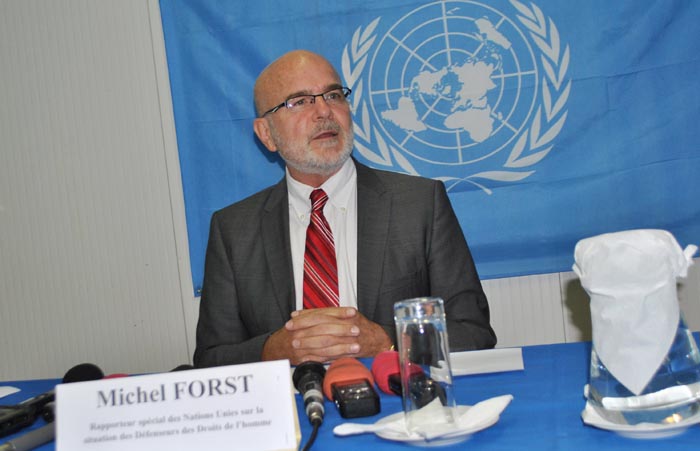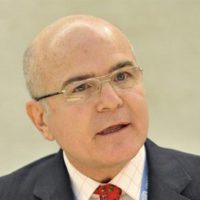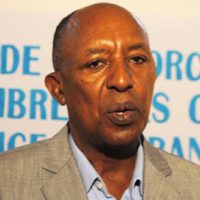Civil society and the press are accused of being opposition actors. Human Rights defenders are systematically threatened and even attacked. Peaceful demonstrations are only authorized when in favor of the government. These are just a few of the conclusions of Michel Forst, the UN Special Rapporteur on the situation of human rights defenders.-By Lorraine Josiane Manishatse
“I was struck by the fact that civil society organizations are considered to be political opponents. In an attempt to confront the mixture between defenders and opponents, the government has even gone so far as to create non-governmental organizations close to the power”, Forst regrets.
To him, The United Nations Declaration on Human Rights Declaration is clear. “It defines defenders based on their actions in favor of human rights. Defenders are men and women who work without violence in promoting and protecting human rights and fundamental liberties”, he clarifies.
Forst worries about the atmosphere of fear that exists among human right defenders because of the unacceptable escalation in harassment of human rights defenders by government authorities. “In meeting with human right defenders in Bujumbura, Ngozi and Rumonge, I was touched by serious threats to human rights defenders among them journalists. I heard of many cases of physical threats, anonymous phone calls, aggression, arbitrary arrest and judicial harassment”, he regrets. He names the cases of Gabriel Rufyiri, the chairman of OLUCOME, Bob Rugurika, the Director of Radio RPA and Faustin Ndikumana the Chairman of PARSEM.
Forst also focused on the culture of impunity that reigns in Burundi. “Many human right defenders have raised the impunity issues. Human right defenders are arrested, threatened and attacked whereas the perpetrators are still free, either because of corruption or their political connivance”, he says.
He reminds the Burundian Government of the necessity to carry out an investigation into the death of Ernest Manirumva, the vice-President of OLUCOME, assassinated in Bujumbura on 9 April 2009. “As long as the circumstances surrounding his death remain obscure, civil society organizations will worry about it”, he emphasizes.
Freedom of expression and public demonstration
The UN special reporter indicates that Burundi’s Press law contains many provisions conflicting with the UN Global Compact principles. The press law is currently under review by the East African Court of Justice, following a complaint of the Burundian Journalists Union.
“I was surprised by the arrest of two journalists of Radio France International and Radio Publique Africaine who were detained during 4 hours at Marangara by local authority supported by a group of Imbonerakure.” He goes on to state that public authorities, especially in Bujumbura, have refused all public demonstrations since 2009. “Only peaceful demonstrations organized in the favor of the government are authorized.”
Michel Forst visited Burundi from 14 to 25 November 2014. The main objective of his visit was to understand the situation of defenders of human rights in the country and conduct an assessment in the spirit of cooperation and dialogue. He held a press conference at the BNUB office on 25 November 2014. His recommendations to the Government of Burundi, the Regional and the International community will appear in his final report to the UN Human Rights Council.

















 IWACU Open Data
IWACU Open Data

